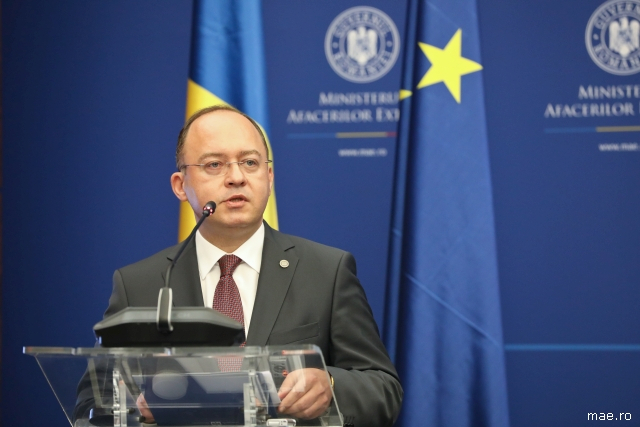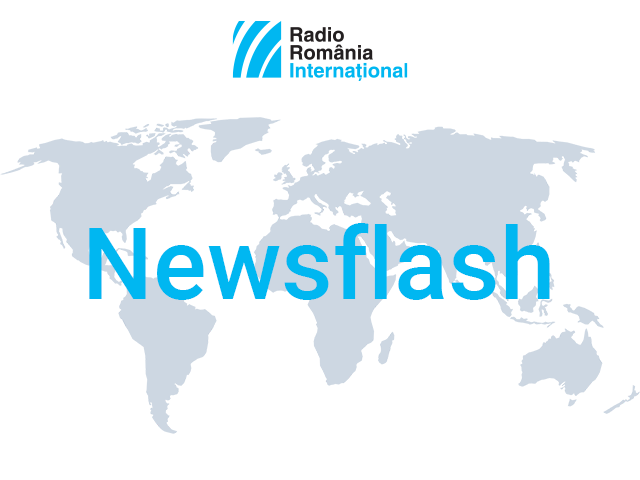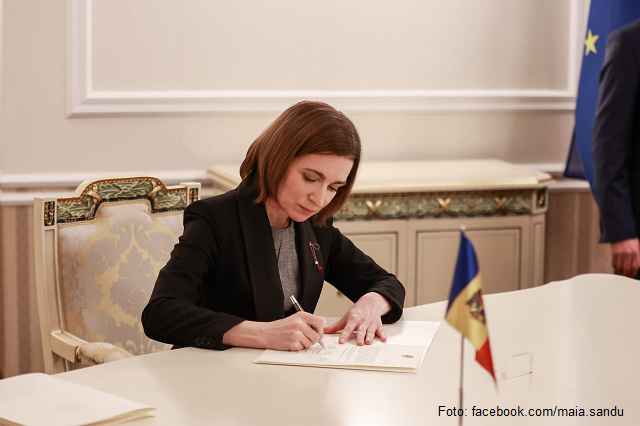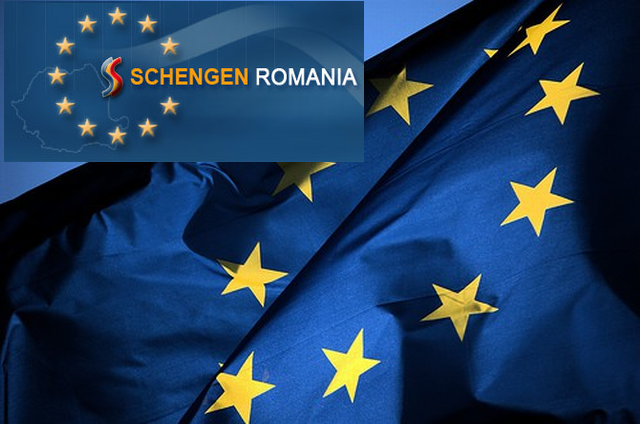FLAG DAY Events are organised in county capitals and in Romanian
localities hosting military units, to celebrate National Flag Day on the 26th
June. National Flag Day was introduced to mark the day in 1848 when the
revolutionary government proclaimed the red, yellow and blue flag as the
national colours of all Romanians. National Flag Day was introduced under a
1998 law.
REFUGEES The Romanian Border Police announced that on the 25th
June, 12,570 Ukrainian nationals (down 2.6% since the previous
day) crossed the border into Romania. Since Ukraine’s invasion by the Russian
army on the 24th February, until midnight Saturday, Romania received 1,324,823 Ukrainian
citizens. Of them, 80,000 chose to stay in Romania and benefit from the
protection and safety provided by the Romanian authorities, the PM Nicolae
Ciucă said. The government of Romania came up with a national protection
and inclusion plan addressing the Ukrainian nationals that benefit from
temporary protection. The plan includes children’s access to education and
access to jobs for the adults.
UKRAINE Heavy blasts were heard on Sunday at dawn in Kyiv,
affecting a residential compound near the centre of the city, international
news agencies report. The incident comes hours before the opening of a G7 summit
in Germany, discussing the situation in Ukraine. Kyiv had previously been hit
in early June, while another shelling was reported in late April, during a
visit by the UN secretary general Antonio Guterres.
MOLDOVA Russia’s ex-president and PM Dmitri Medvedev threatens the
Republic of Moldova that it will see its natural gas supplies cut and exports
of agri-food products to the Russian market banned, if Chişinău joins the
West’s economic sanctions against Moscow. Medvedev, currently vice-president of
the Security Council, posted on his Telegram channel an extensive article on
the Republic of Moldova, which Thursday was recognised as a EU candidate country.
According to Radio Romania’s correspondent in Moscow, Medvedev says the
accession process may take decades, which makes Moldova’s annexation by Romania
an easier option. And, Medvedev argues, both Bucharest and Chişinău are making
efforts in this respect. He mentioned a recent joint meeting of the parliaments
of the 2 countries and said the president of Moldova, pro-Western Maia Sandu, would
be ready to renounce the country’s independence. Medvedev also argues that
these plans are supported by the US and the EU. Founded on part of the eastern
Romanian territories annexed by Stalin’s Soviet Union in 1940, today’s R. of Moldova
declared its independence from Moscow in 1991.
FESTIVAL The Sibiu International Theatre Festival continues in central
Romania until the 3rd July. This year’s motto is Beauty. This 29th
edition of the festival brings together artists from around the world in
theatre, dance, cinema, musical, opera and circus performances. Concerts, book
shows and exhibitions are also organized as part of the festival. Some of the
performances taking place in cultural or unconventional venues can be watched
on the Festival’s official website, digital streaming platform
www.scena-digitala.ro, and on the event’s official Facebook page and YouTube channel.
TENNIS The Romanian player Simona Halep, no 19 WTA and former
world leader, will take on the Czech Republic’s Karolina Muchova (82 WTA), in
the first round of the Wimbledon tournament. Halep, winner of the Wimbledon trophy
in 2019, is seed no. 16th this year in the competition. Another
Romanian player, Sorana Cîrstea, 32 WTA and seed no. 21, plays against Aleksandra
Krunic of Serbia (53 WTA). Gabriela Ruse (55 WTA) has the most difficult match
in the All England Club first round, against the American Coco Gauff, no. 12 in
the world. Irina Begu (43 WTA) is facing Ekaterine Gorgodze of Georgia (112
WTA), in the same round, while Ana Bogdan (109 WTA) plays against Ukraine’s Dayana
Yastremska (74 WTA), and Irina Bara (121 WTA) against Chloe Paquet of France (101
WTA). In turn, Mihaela Buzărnescu (126 WTA) will play against Natasja Schunk of
Germany (156 WTA). This year’s Wimbledon tournament has record-large amounts in
prize money (over GBP 40 million) but the WTA and ATP announced they will not
assign any points, after the British organisers decided to bar Russian and
Belarusian players from taking part, in response to Russia’s invasion of
Ukraine.

